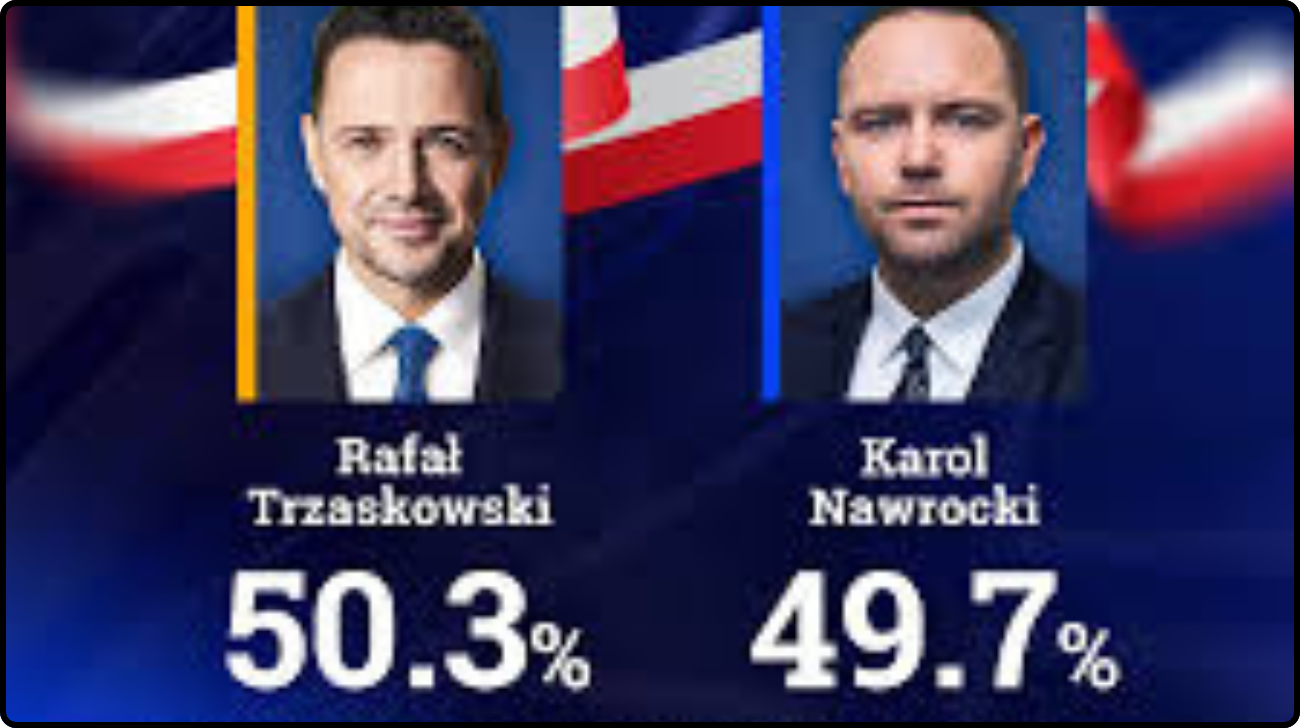Stay informed about the Polish Election 2025 with detailed insights into the presidential and parliamentary races, leading candidates, polling predictions, and voter expectations. Everything you need to know about Poland’s pivotal vote in one place.
Polish Election 2025: Key Dates, Candidates, and What to Expect from the Ballot Box
The Polish Election 2025 is shaping up to be one of the most pivotal moments in the country’s recent political history. With shifting alliances, rising voter engagement, and global attention, Poland stands on the brink of a potentially transformative political season.
This comprehensive guide provides everything you need to know about the upcoming Polish Election 2025, including election dates, prominent candidates, party dynamics, voter concerns, and expected outcomes.
Important Dates for Polish Election 2025
The 2025 Polish general election will include both presidential and parliamentary elections, depending on the electoral calendar. While exact dates may still be officially confirmed, here are the anticipated timelines based on Poland’s constitutional provisions:
-
Presidential Election: Likely to be held in May 2025
-
Parliamentary Election: Expected around October 2025
-
Campaign Launch Period: February 2025 for presidential and August 2025 for parliamentary elections
These dates will be confirmed by the National Electoral Commission of Poland and the President of the Republic, who issues the formal decree for elections.
Electoral System Overview
Presidential Election:
Poland’s president is elected for a five-year term through a two-round system. If no candidate receives more than 50% in the first round, the top two candidates face off in a second round.
Parliamentary Election:
The Sejm (lower house) has 460 seats elected via proportional representation, while the Senate (upper house) has 100 members chosen by majority vote in single-member districts.
This dual electoral system ensures both party representation and local accountability, making the Polish Election 2025 a dynamic democratic exercise.
Key Candidates in Polish Election 2025
Although formal declarations are expected closer to the campaign start, several prominent political figures have already signaled potential runs.
For the Presidential Race:
-
Rafał Trzaskowski (Civic Platform – PO)
The current Mayor of Warsaw and 2020 presidential runner-up, Trzaskowski is widely considered the leading opposition contender. -
Mateusz Morawiecki (Law and Justice – PiS)
Poland’s former Prime Minister, representing the conservative party, could stand as the candidate to maintain PiS’s executive power. -
Szymon Hołownia (Polska 2050)
A centrist leader with growing support among young and urban voters, Hołownia may either run himself or endorse a unity candidate.
For the Parliamentary Race:
Key parties likely to contest include:
-
Law and Justice (PiS)
-
Civic Coalition (KO)
-
Third Way (Polska 2050 & PSL)
-
The Left (Lewica)
-
Confederation (Konfederacja)
The competition between traditional parties and emerging coalitions will define the Polish political landscape in 2025.
Polling Trends and Public Sentiment
Current opinion polls for the Polish Election 2025 suggest a tight race between the ruling PiS and the opposition Civic Coalition, with Third Way and The Left playing potential kingmakers in a coalition scenario.
Key Voter Issues:
-
Economic inflation and cost of living
-
Judicial independence and rule of law
-
European Union relations
-
Defense and security amid regional tensions
-
Green energy and climate policy
With the electorate becoming more diversified, particularly among younger and urban voters, voter turnout could play a decisive role in shaping results.
The European and Global Implications
The Polish Election 2025 is not just a domestic matter; its outcome will significantly affect Poland’s role in the European Union and NATO. Poland is seen as a key player in:
-
Supporting Ukraine during its conflict with Russia
-
Enforcing EU migration policies
-
Strengthening regional security in Eastern Europe
If Poland elects a more EU-aligned government, we can expect smoother cooperation with Brussels. However, a renewed mandate for PiS could intensify institutional tensions with the EU.
Political Strategies and Campaign Themes
Each party is expected to tailor their campaign around hot-button issues. Here’s what to watch:
-
PiS: National sovereignty, conservative values, social benefits (e.g., 500+ child benefit)
-
Civic Coalition: Rule of law, pro-EU integration, anti-corruption
-
Third Way: Centrist reforms, economy, innovation
-
The Left: Gender equality, workers’ rights, green policies
-
Confederation: Tax reduction, deregulation, nationalist policies
The Polish Election 2025 will likely be one of the most issue-driven elections in the country’s democratic history.
Also Read: DWP Confirms £605 Annual State Pension Increase : Who Gets It and How to Claim
Voter Registration and Eligibility
To vote in the Polish general and presidential elections, citizens must:
-
Be at least 18 years old
-
Be a Polish citizen
-
Have full civil rights
Voters residing abroad can register at Polish consulates. The government has promised easier online registration tools ahead of the Polish Election 2025.
Security, Technology, and Transparency
Given concerns about election security and disinformation in global democracies, Poland is taking extra steps:
-
Enhanced cybersecurity for online systems
-
Real-time monitoring of social media disinformation
-
Independent election observers from the OSCE and EU institutions
Maintaining the transparency and legitimacy of the Polish Election 2025 will be vital for public trust and international credibility.
Please check the Official new, Click here.
What’s at Stake?
The Polish Election 2025 is more than just a vote—it’s a crossroads moment for the nation. Key stakes include:
-
Poland’s future stance within the EU and NATO
-
The direction of economic and judicial reforms
-
The strength of democratic institutions
With widespread voter interest and the possibility of political realignment, this election will be closely watched not only in Poland but across the globe.
As we approach the Polish Election 2025, the political temperature in Poland continues to rise. From high-profile candidates and voter mobilization efforts to European implications and security preparations, this election holds significance far beyond Poland’s borders.
For voters, observers, and global stakeholders alike, staying informed is critical. The outcome will not only determine Poland’s leadership for the next five years—it will also influence the nation’s role on the European and global stage.
